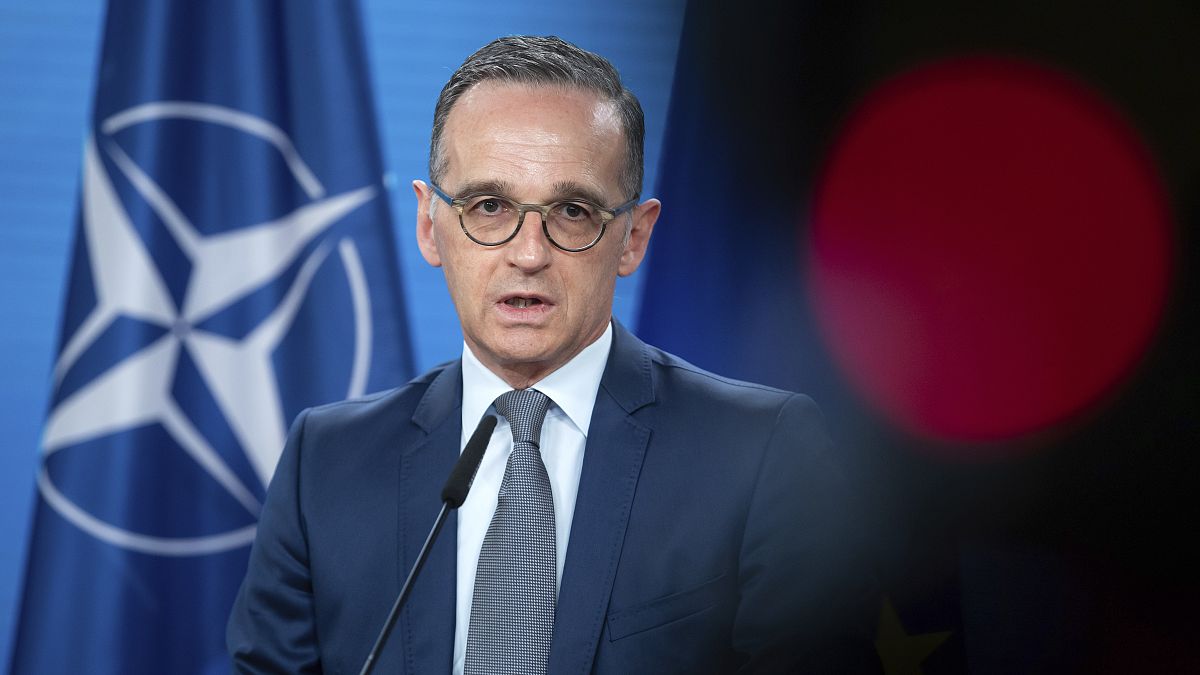Germany's top diplomat, Heiko Maas, told reporters on Monday that the bloc "can no longer be held hostage by those who paralyse European foreign policy with their vetoes."
German Foreign Minister Heiko Maas on Monday called on the European Union to abolish individual member states' veto power on foreign policy.
"We can no longer be held hostage by those who paralyse European foreign policy with their vetoes. Those who do so are playing with Europe's cohesion in the longer or shorter term," Maas told a press conference in Berlin.
"I therefore say it openly: the veto must disappear, even if it means that we can be outvoted," the diplomatic chief explained.
Under EU rules, certain decisions, such as on taxation or foreign policy issues, require unanimity among member states.
This system means that one country can use its veto to block, delay or soften European positions.
"Because we have always considered internal solidarity and external sovereignty as two sides of the same coin, we must now, after the internal crises, make further progress in Europe's capacity to act in foreign policy matters," Maas pleaded.
Hungary has regularly used its veto power in recent months to block critical statements on China. More recently, Budapest also refused to support a declaration calling for a ceasefire between Israel and the Palestinians.
Last week, Miguel Berger, State Secretary of the German Foreign Ministry, accused Hungary of "blocking an EU statement" on Hong Kong. He put forward the position of "qualified majority voting" on international policy issues.
The battle has been raging for years between EU member states, some of which would like to see the veto rule abolished.
However, as Josep Borrell, the head of European diplomacy, who is in favour of ending the veto, stressed recently, unanimity is also needed to achieve its abolition.
Poland and Hungary, which are regularly criticised by Brussels for their reforms seen as undermining democratic values, also opposed the adoption of the EU's multiannual budget and the European recovery plan designed to help member states cope with the pandemic in November.
This was in response to a rule of law mechanism for the EU budget to make funding transfers conditional upon adherence to democratic values, human rights and the independence of the judiciary.
According to Maas, a return to majority voting between member states would avoid the threat of a "two-speed Europe".
